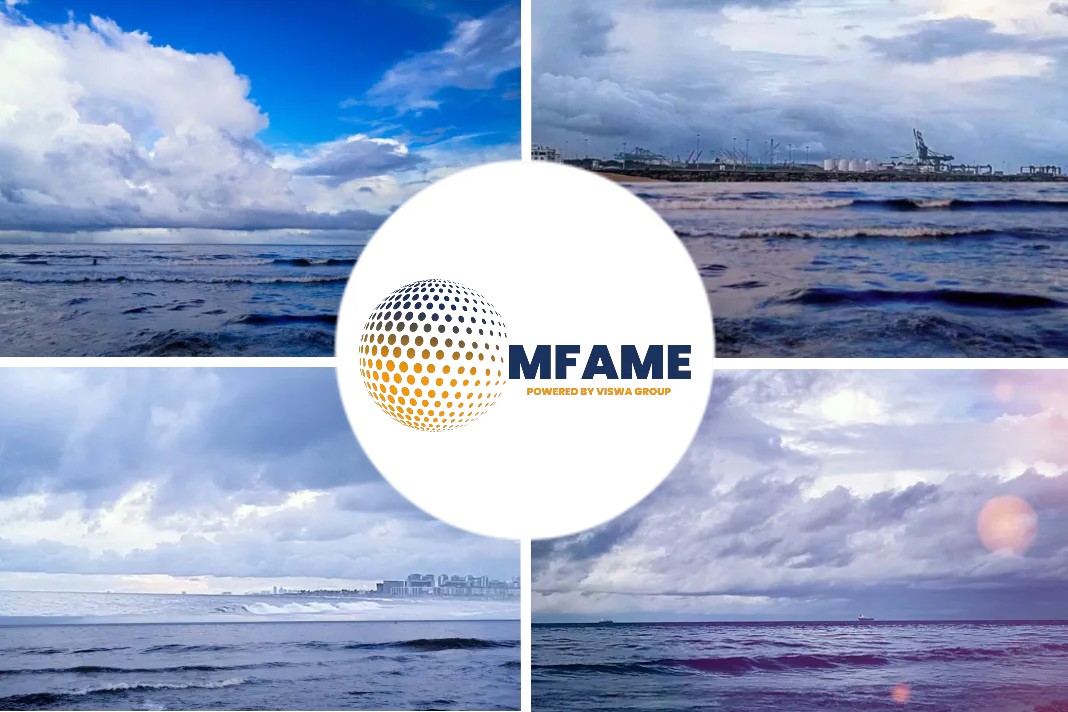
- As 2022 recedes into the history books, a new dawn – albeit one with ubiquitous grey cloud cover – is breaking over Brussels.
- Welcome to 2023, the year in which the contours of the EU’s flagship climate laws package (which still sports the questionable moniker ‘Fit for 55’) will be finalised.
A recent news article published in the Euractiv states that a final sprint to make the EU Fit for 55.
Transport sector will remain a key focus
The transport sector will remain a key focus of the climate law discussions, with a number of mobility files yet to be agreed.
The coming months will see a continuation of the final months of 2022, with bleary-eyed negotiators, powered by lukewarm coffee, thrashing out legislative compromises.
Below is a short recap of the Fit for 55 transport files still on the docket for 2023.
Aviation
Confounding expectations, in 2022, the European Parliament and the Council, the bloc’s co-legislators, failed to agree on the EU green jet fuel law, known as ReFuelEU Aviation.
EURACTIV understands that the failure to agree was down to that most divisive of energy sources – nuclear power. The socialists and greens wanted nuclear power to be banned as a means to generate electro-fuels, a major future fuel source to cut aviation emissions.
Additionally, the two groups wanted to see the possibility of setting national sustainable aviation fuel (SAF) mandates included in the final agreement.
The centre-right European People’s Party (EPP) group wasted no time in slamming the Greens and Socialists & Democrats for the lack of progress.
“If the Socialists and the Greens are serious about fighting climate change, then they must do something about it instead of only talking about it. Given their repeatedly raised climate concerns, the manoeuvre they did during the negotiations is incomprehensible,” said Claudia Monteiro de Aguiar, the EPP shadow rapporteur.
It is now up to current Council Presidency holders Sweden to schedule what will possibly be the final round of negotiations.
Maritime
FuelEU Maritime, the sibling of ReFuelEU Aviation, will also be negotiated in 2023.
Unlike the aviation fuel law, FuelEU does not mandate the type of fuels that must be used in ships. Rather, it sets increasingly strict carbon intensity limits that must be respected.
The fuels that ship operators use to meet those requirements is up to them, an aspect free-market loving legislators praise as “technology neutrality” in action.
However, green-minded legislators are concerned that giving the shipping industry carte blanche will see them choose the cheapest rather than the greenest option to meet the targets. Specifically, the option to fuel ships with liquefied natural gas – a fossil fuel – up to 2030 has proven controversial.
For their part, the shipping industry argues that the future of low-carbon shipping technology remains uncertain. Locking themselves into one fuel option now is unwise, particularly as large ships operate for several decades, they say.
Road transport
The internal combustion engine – in passenger cars, at least – received a death sentence in 2022, with execution scheduled for 2035. It remains to be seen if a last-minute reprieve in the form of e-fuels will be granted.
This news, coupled with falling electric vehicle (EV) prices and the emergence of a second-hand market, will no doubt help to spur the uptake of EVs to new heights.
However, one factor threatens to spoil the EV revolution – the lack of widespread charging infrastructure.
Both the private sector and national governments are working to increase the availability of charging points. In Brussels, the issue is addressed through the Alternative Fuels Infrastructure Regulation (AFIR).
AFIR sets out requirements for the number of charging stations along the EU’s main transport corridors and aims to make it easier to pay for charging, particularly when crossing into another EU country.
Negotiations are set to resume this year, with the S&D’s Ismail Ertug – an outspoken critic of what he sees as member states’ lack of ambition on the matter – representing the European Parliament.
– Sean Goulding Carroll
Did you subscribe to our Newsletter?
It’s Free! Click here to Subscribe.
Source: Euractiv















